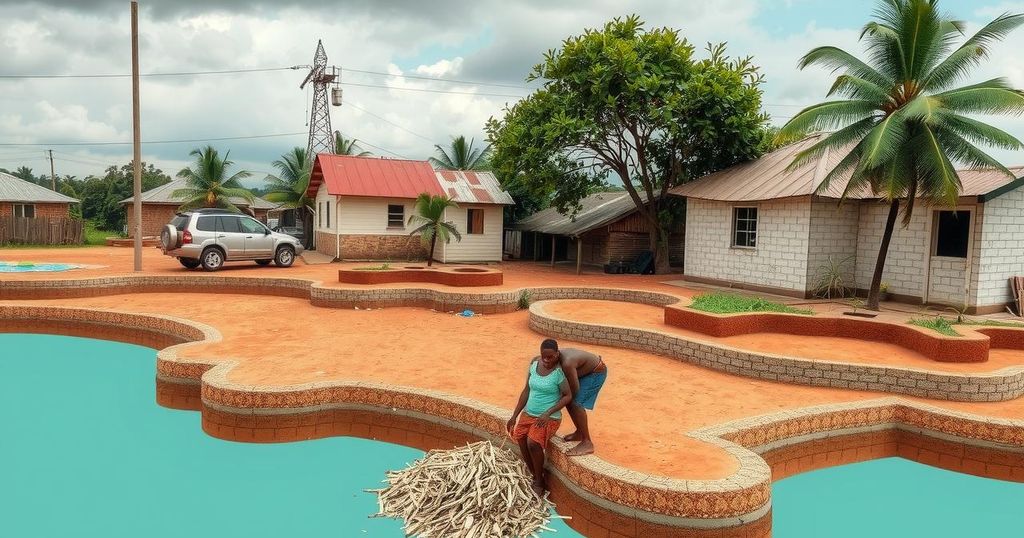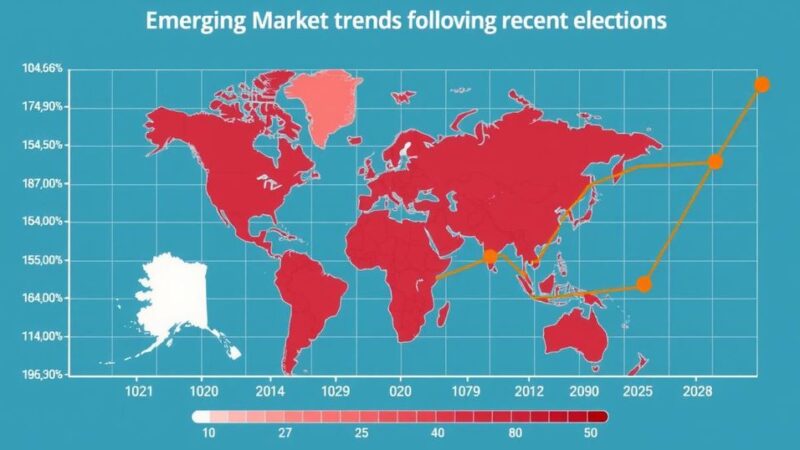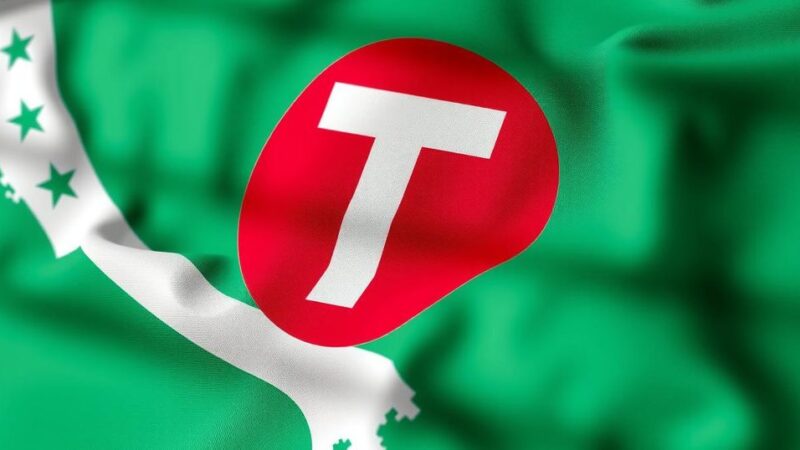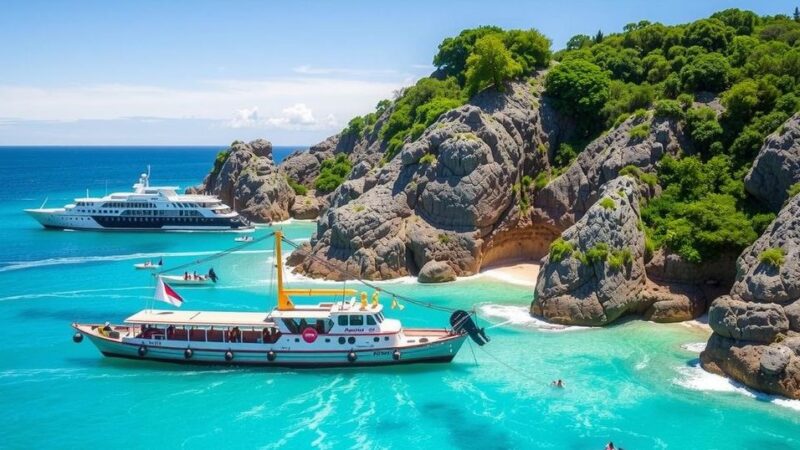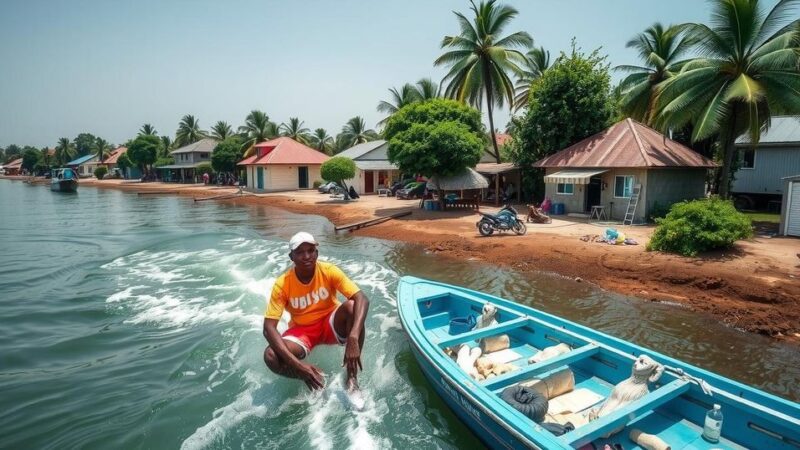Côte d’Ivoire showcases robust economic growth and stability, with a significant GDP rise and low inflation. Structural challenges like informal employment and climate vulnerability persist. The IMF’s support plays a pivotal role in addressing these issues, underpinning the nation’s goal of achieving upper middle-income status through reforms and enhanced revenue mobilization. The government prioritizes climate resilience and improved business conditions to stimulate further development.
Côte d’Ivoire stands as a cornerstone of economic growth and stability within West Africa, having demonstrated remarkable economic resilience and a dedication to reformative measures. Over the past decade, the nation’s economy has flourished, achieving an average GDP growth rate of 6.4 percent, maintaining low inflation at approximately 2.2 percent, and progressively reducing poverty levels. However, ongoing structural challenges, notably the prevalence of informal employment, continue to impede the quest for more inclusive growth and broader fiscal capacities. The current diversifying effort is crucial for enhancing economic resilience against climate change, particularly as the cocoa sector dominates the economy and industry locations are primarily coastal, exposing them to climate vulnerabilities.
The International Monetary Fund (IMF) recently conducted its 2024 consultations, exploring how Côte d’Ivoire’s progress towards upper middle-income status aligns with environmentally sustainable goals. Côte d’Ivoire’s Minister of Finance, Adama Coulibaly, highlighted the nation’s significant economic gains, which exceed sub-Saharan African averages on several fronts. The Fund’s assistance, particularly through the Extended Fund Facility (EFF) and the Resilience and Sustainability Facility (RSF), has been instrumental in maintaining macroeconomic stability amid global shocks, enabling successful international financial market re-engagement.
Revenue mobilization is pivotal to the government’s reform initiatives, facilitating increased fiscal space for critical social needs, including healthcare and education. This focus will correlate with goals for economic transformation and compliance with the West African Economic and Monetary Union’s fiscal limits. The government’s recent strategy promotes a more equitable taxation system to enhance satisfaction and compliance while indicating a commitment to social progress.
Moreover, to attract private sector participation, the government continues to prioritize high-quality public services and improve governance mechanisms. There is a strong focus on reducing informality in employment, fostering vocational training, and providing comprehensive health coverage. Proactive steps are also taken towards compliance with international financial regulations on anti-money laundering to maintain good standing.
On the environmental front, Côte d’Ivoire faces significant climate-related challenges, such as rising sea levels and increased flooding risks. The country’s reliance on agriculture underscores the urgency of climate resilience. Supported by a US$1.3 billion RSF arrangement, Côte d’Ivoire’s reform agenda will focus on integrating climate strategies into public finance, enhancing agricultural safeguards, and promoting sustainable investment frameworks. At COP29, Côte d’Ivoire unveiled initiatives to strengthen climate financing coordination and expedite adaptation projects, reflecting its commitment to tackling climate change comprehensively.
This article delves into Côte d’Ivoire’s economic advancements and the strategies being employed to address pressing challenges, particularly pertaining to climate change. Over recent years, the nation has exhibited significant economic growth, yet it grapples with issues such as a high level of informal employment and environmental vulnerabilities predominantly due to its dependency on the cocoa sector. The involvement of international mechanisms like the IMF’s Extended Fund Facility and Resilience and Sustainability Facility is also explored, detailing their role in supporting Côte d’Ivoire’s developmental goals amidst financial challenges and the need for a sustainable approach to economic transformation.
Côte d’Ivoire has made commendable strides towards economic growth and stability, aided substantially by IMF support. While challenges remain, particularly regarding informal employment and climate vulnerability, the government’s reforms and proactive strategies aim to create a resilient economy poised for upper middle-income status. Continued efforts in domestic revenue mobilization, climate adaptation, and improving the business landscape are essential to secure sustainable growth moving forward.
Original Source: www.imf.org

